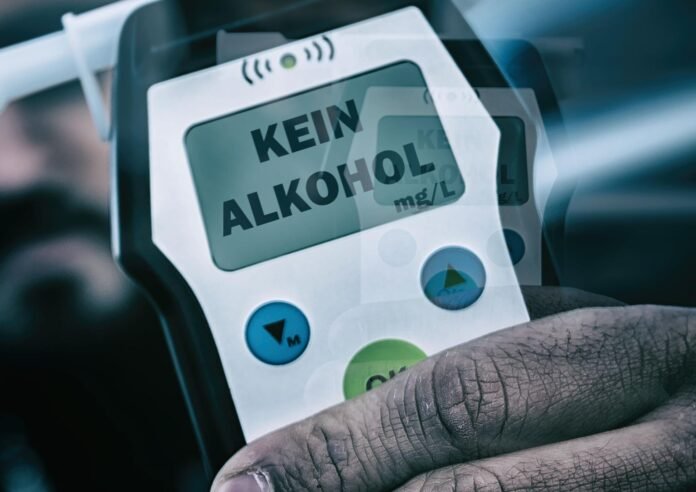Alcohol-related offenses are common but often misunderstood. Many people do not realize how serious these charges can be. They include DUI, public intoxication, and underage drinking.
Each one can lead to fines, jail time, or a lasting record. These penalties can affect jobs and future opportunities. The legal process can also feel confusing and stressful.
Learn how to handle alcohol-related offenses and protect your rights in the sections below.
Understanding the Different Types of Alcohol-Related Offenses
Alcohol-related offenses cover a range of violations that involve the misuse or illegal use of alcohol. Common examples include driving under the influence, disorderly conduct, and minor possession.
Each state has different definitions and penalties for these crimes. Some may lead to fines, probation, or even jail time. These offenses also vary in severity depending on whether harm or property damage was involved.
Understanding what qualifies as an offense can help individuals act responsibly. Knowing the laws can prevent situations that may result in serious charges.
The Legal Consequences of a Conviction
A conviction for an alcohol-related offense can carry lasting effects. Penalties often include fines, mandatory programs, or suspension of driving privileges. Repeat offenses usually result in harsher punishment.
A criminal record may also appear on background checks and affect job prospects. In some cases, it can influence professional licenses or travel eligibility. Courts may require offenders to complete alcohol education or community service.
How Law Enforcement Handles Alcohol-Related Cases
Law enforcement officers have strict procedures when handling alcohol-related incidents. Field sobriety tests and breath analyzers are often used to confirm intoxication. Officers may also rely on witness statements or video evidence. Each step of the process must follow proper legal guidelines.
Failure to follow these procedures can impact the case outcome. For example, a wrongful arrest or improper testing can be grounds for dismissal. Understanding your rights when stopped by police can prevent further issues.
The Role of Legal Representation
Legal representation plays a vital role in handling alcohol-related offenses. A lawyer helps review the facts, explain the charges, and guide clients through court procedures.
Skilled attorneys know how to question test results, police reports, or any evidence that may be unclear. They can also negotiate for lighter penalties or alternative programs to avoid a permanent record. Having the right legal help can ease confusion and prevent mistakes that make the case worse.
For issues like public intoxication in South Carolina, for example, an attorney familiar with local laws can offer strategies that protect individual rights. The right legal support can make a big difference in how a case is resolved and how quickly recovery begins.
Preventing Alcohol-Related Offenses Through Awareness
Prevention starts with responsible decision-making and awareness of local laws. Knowing the legal drinking age and the effects of alcohol can prevent risky situations. Designating a sober driver or using public transport can help avoid DUI charges.
Educational programs also help people understand the impact of alcohol misuse. Some communities offer workshops on safe drinking habits and recovery options. By being informed, individuals can protect both themselves and others. Awareness is a key step in preventing alcohol-related offenses.
Understand the Complexities of Alcohol-Related Offenses
Alcohol-related offenses can have lasting effects, but they can also serve as lessons for making better choices. Knowing the laws, understanding one’s rights, and seeking proper guidance are vital.
Responsible decisions can prevent future problems and help maintain a clean record. With the right legal support and a commitment to change, it is possible to overcome these challenges and move forward with confidence.
For more topics, check our blog!
